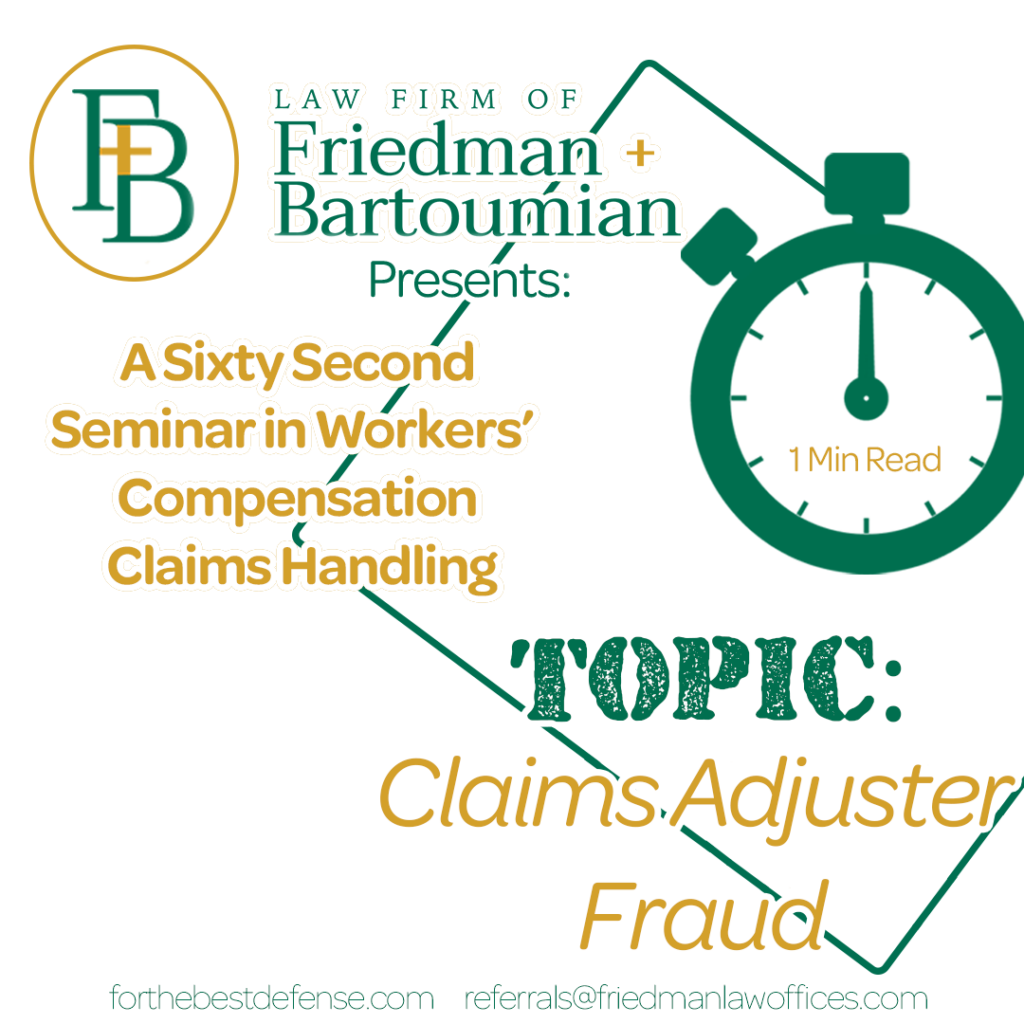
We begin today’s blog by asking a simple question: if an injured worker lies to a workers’ compensation administrator, can that employee be charged with criminal fraud? The answer depends on the nature and extent of the lie. Some deceptions are of negligible import, while others are material and should lead to a criminal prosecution, such as when an injured worker claims to be totally disabled, yet is secretly working full-time. It takes only one lie of substance to be brought up on fraud charges.
We are all familiar with cases where injured workers are charged with criminal fraud after lying to a claims adjuster. With that said, we can’t help but ask, “what happens if an adjuster lies to an injured worker? Isn’t that also fraud?” Of course, we are not talking about adjusters being prosecuted for embezzlement or conspiracy. Instead, we are asking if any adjuster has ever been convicted of the crime of workers’ compensation fraud for misleading an injured worker. We could not find a record of a single case. The explanation turns out to be rather simple. No claims adjuster has been convicted of criminal fraud in the handling of a claim because there exist no laws in our state addressing claims adjuster fraud.
We note that the same exemption holds true for civil liability. Adjusters cannot be held civilly liable for violating the Insurance Fraud Prevention Act (IFPA) when they are not subject to the Act. California courts have ruled that our fraud laws were enacted by the legislature to “reduce fraud against insurers” to the benefit of policyholders (Nee v. Unumprovident Corp.). Therefore, in Nee the court declared that criminal prosecution for insurance fraud under Penal Code Sections 550(b)(1) & (2) is intended to penalize those who “prepare or make a false written or oral statement” to be “presented to an insurer” in “support or opposition” of a claim for payment or other benefits under an insurance policy. Claims adjusters do not “prepare or make statements” nor do they “present” statements to an insurance company. In addition, claims adjusters do not “support or oppose” claims (they only approve or deny). Therefore, as written, Penal Code Section 550(b) and other fraud laws do not apply to claims adjusters. As for the IFPA, it expressly targets only deceptive conduct directed at insurers. It does not address improper conduct by insurers against others (The People ex rel. Gilbert Ellinger v. Stephanie Ann Magill).
In closing we wish to make it perfectly clear that we are not saying it is okay for adjusters to lie to injured workers. The purpose of this article is to simply explains why nobody has ever heard of an adjuster being prosecuted for workers’ compensation fraud.

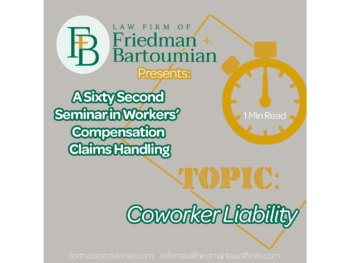
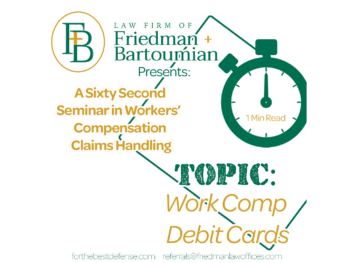
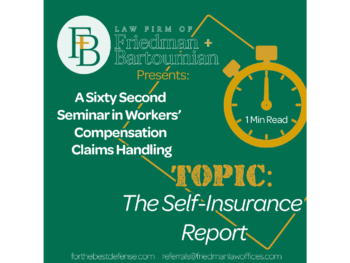
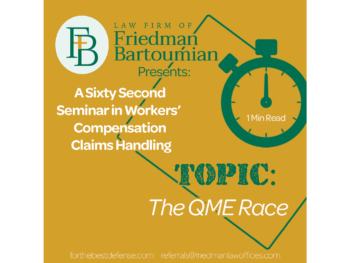
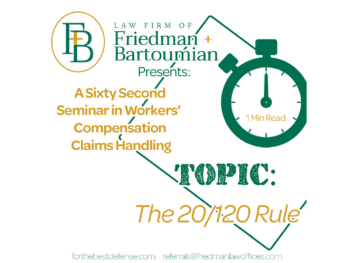

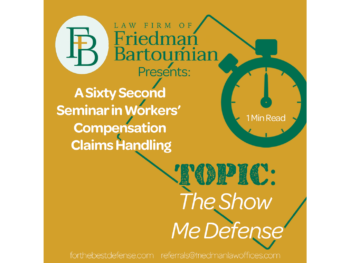
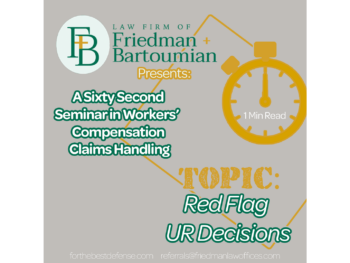
 The Mailbox Rule: A 60-Second Seminar in Workers’ Compensation Claims Handling
The Mailbox Rule: A 60-Second Seminar in Workers’ Compensation Claims Handling
Leave a Reply